India is a land of diversity, culture, and colour. It is a country that has something to offer everyone. India is a country of contrasts, from the snow-capped mountains of the Himalayas to the sun-kissed beaches of Goa. It is a place where ancient traditions meet modern technology, spirituality meets science, and history meets the future. With over 1.3 billion people, India is a melting pot of cultures, languages, and religions.
In this article, we will delve into the role of India in global politics. This theme is relevant to our times, where rapid globalization is reaching every nook and cranny of the world. Ours is also a world of paradoxes, with countries taking sides with others to form small or large compendiums.
Table of Contents
Government
Within the geopolitical definition of being in the Global South, India is a federal parliamentary democratic republic, with a president as the head of state and a prime minister as the head of government. In 2022, the Indian government crossed its 75th anniversary after gaining independence from the United Kingdom. Since then, India has been promoting good governance and transparency, reducing corruption and improving public services. India has also been working to strengthen its relations with other countries, including through international organizations such as the United Nations.
Power
India is an emerging power in South Asia and Southeast Asia. The Indian government has been working to increase its influence in the region, focusing on maintaining its territorial integrity and promoting peace and stability. India has also been working to strengthen its military capabilities, including its nuclear weapons program, to ensure its strategic autonomy.
Economy
In 2023, India became the world's fifth-largest economy, toppling the United Kingdom. According to the IMF's latest World Economic Outlook, India's real GDP is projected to grow 7.1% in 2023–24. India is expected to emerge as the world's third-largest economy by 2027, surpassing Japan and Germany, whose GDP is $5 trillion.
The Indian government has been working to promote economic growth and development, focusing on creating jobs and reducing poverty. India's economy is growing rapidly, and the country is expected to play an increasingly important role in the global economy in the coming years.
Soft Power
India has a rich cultural heritage, and a diverse population has helped it develop a strong, soft power. India's soft power includes music, movies, food, and spirituality, which have all gained worldwide popularity. By working to promote friendly relations through initiatives such as International Yoga Day and the Indian Council for Cultural Relations, India is a true emerging power.
The Role of India in Global Politics
India's role in global politics has undergone significant changes over time. India is the world's largest democracy and one of the fastest-growing economies, giving it a prominent position in the international community. India has been working to increase its influence in the region, focusing on maintaining its territorial integrity and promoting peace and stability. India has also been working to strengthen its military capabilities, including its nuclear weapons program, to ensure its strategic autonomy.
International Relations
India's international relations are spread across varied fields. Some of them include:
Foreign Policy: India's foreign policy is focused on safeguarding its independence from external influence. It advocates non-alignment, non-interference, and Afro-Asian unity. The policy aims to uphold global peace and security, oppose imperialism, combat apartheid, promote peaceful and political resolution of international conflicts, encourage peaceful coexistence, maintain non-alignment and non-commitment, and uphold the unity and solidarity of the Third World. India has increasingly embraced the liberal global order more than ever before in its history. India has friendly relations with the United Arab Emirates, Singapore, France, Saudi Arabia, Sri Lanka, South Sudan and many others. In general, India has also maintained cordial relations with countries with a substantial number of Persons of Indian Origin.
Trade Relations: India's global trade connections are crucial to its economic framework. The nation actively participates in regional and bilateral trade discussions to broaden export markets and ensure access to essential natural resources. India collaborates with various countries and groups to facilitate preferential market access and economic cooperation through trade agreements. The United States remains India's primary trading partner, with substantial exports of goods and services to the U.S. Despite challenges in market access, India presents significant opportunities for American companies and substantial potential for increased bilateral relations.
India has preferential market access and economic cooperation through trade agreements with over 40 countries, including Japan, Singapore, South Korea, and the United Kingdom. The Indian economy has demonstrated resilience in its commercial ties with the United States, with notable growth in the trade of goods and services. The United States and India share common interests in advancing global security, stability, and economic prosperity through trade and investment.
Military Relations: India has established strong military partnerships with several nations, such as the United States, Russia, Israel, France, Japan, Singapore, Brazil, South Africa, and Italy. Russia is the largest supplier of military equipment to India, Israel and France come next. India and the United States share common goals in promoting global security, stability, and economic prosperity through trade and investment. The two countries have formed a "global strategic partnership" based on shared democratic values and a growing alignment of interests.
The Indian Air Force has been involved in several wars with neighbouring Pakistan since 1950 and has also undertaken several major operations. The IAF plays a significant role in India's military relations with other nations and has been involved in several major operations and peacekeeping missions. Various factors influence India's military ties with other countries, and the IAF has established several bilateral agreements to promote scientific research and development.
Scientific Relations: India has a rich history of scientific research and development and has formed scientific partnerships with numerous countries worldwide. It is a member of various international organizations that advocate scientific cooperation, including the United Nations Educational, Scientific and Cultural Organization (UNESCO).
The Indian scientific community has made notable contributions to diverse fields, including space exploration, biotechnology, and information technology. India has also made substantial investments in research and development, establishing numerous research institutions and universities to promote scientific research.
Conclusion
The political economy of India has undergone significant changes since the liberalization of the economy in the 1990s. India has bilateral relations with many nations. When a large part of the world is in turmoil, the role of India in global politics becomes significant for the upkeep of international relations. A nation's voice echoes globally based on its soft power, economic progress and stability. Today's India is representative of all the factors needed for it to be a globally approved common voice of the world.
As citizens of an emerging power, we Indians, ideally, should be proud to be part of this journey to become the 'friend of all, enemy of none'. When that happens, India will have truly arrived.
Which ministry is in charge of India's economic and commercial interests abroad?
The Ministry of External Affairs, headed by the Cabinet Minister, oversees India's economic and commercial interests abroad.
How does India balance its economic and security interests in its foreign policy, and what are some challenges it faces?
India's foreign policy balances economic and security interests through economic diplomacy, global trade, and addressing regional dynamics. However, it faces challenges, including long-standing border disputes with neighbouring countries, China's rising economic and military power, complex relationships with neighbouring countries, economic disparities within India, and navigating global power dynamics.
What is India's role in the G20?
During its G20 presidency, the Government of India has focused on promoting inclusive and sustainable growth, improving digital infrastructure, and strengthening the global trading system. India has emphasized the need to address global challenges such as the COVID-19 pandemic, supply chain disruptions, climate change, food and energy security risks, geopolitical tensions, inflation, and a looming debt crisis. India has utilized its leadership role to guide the world towards inclusive and sustainable growth and is working to establish a legacy of success across various priority areas.




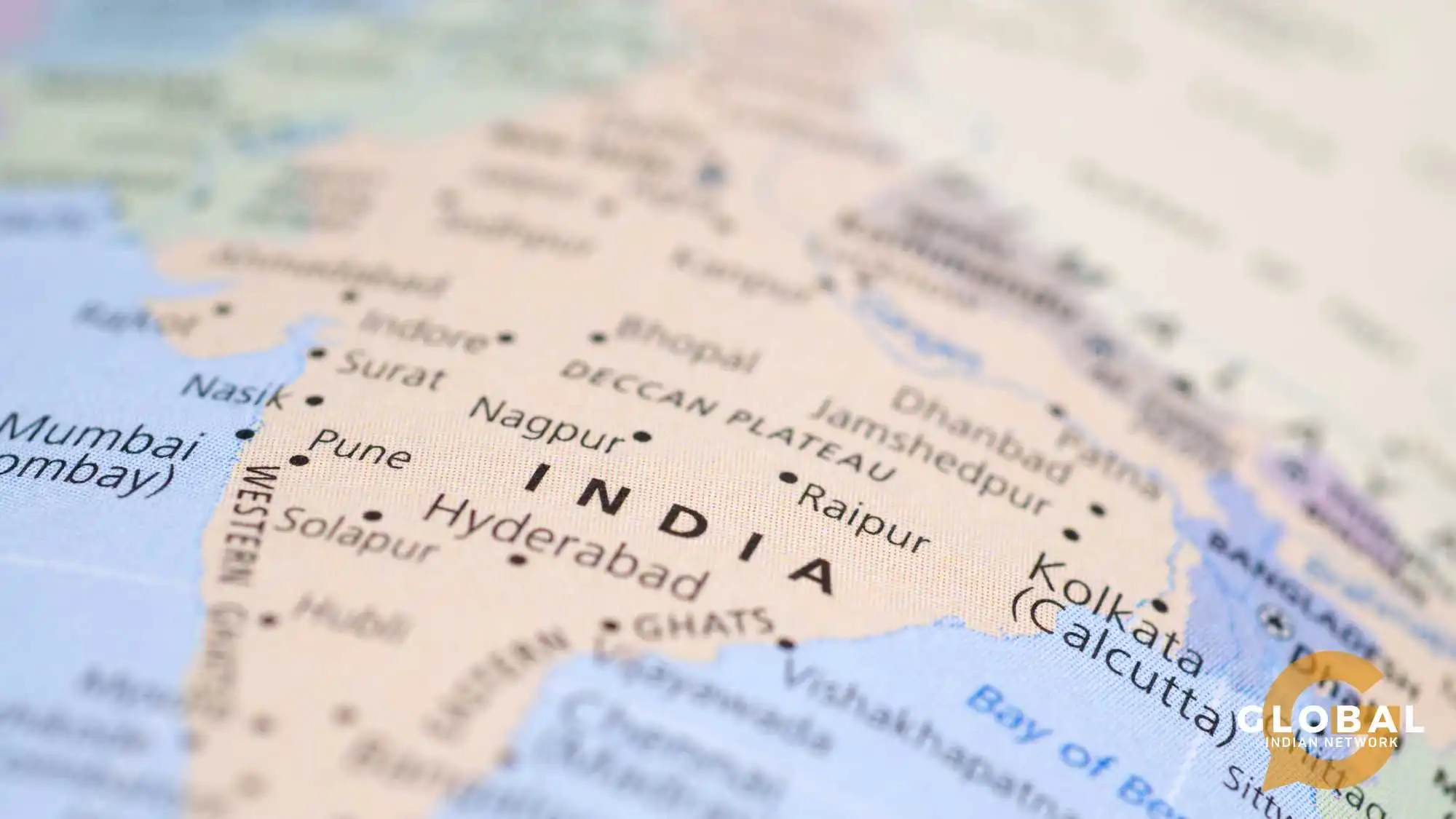
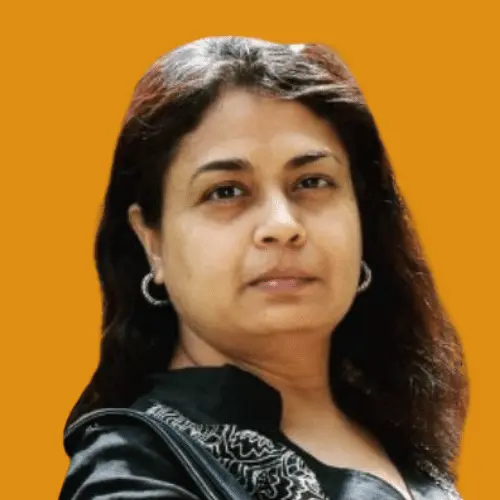

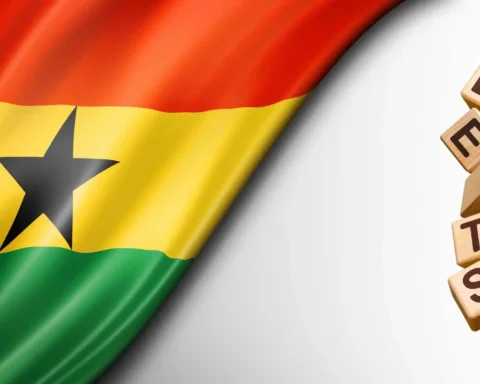
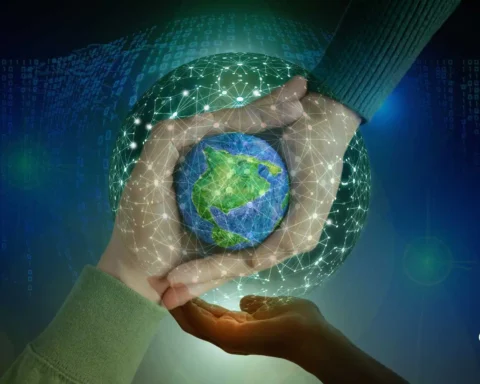

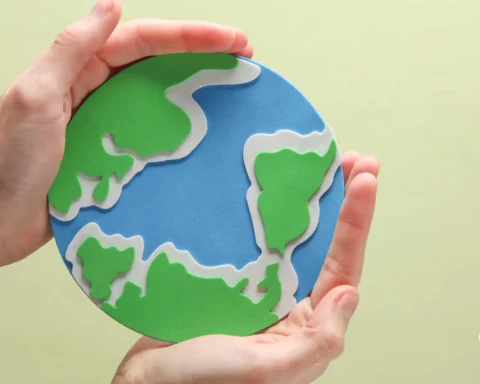

[…] The BJP's push for Hindu majoritarianism has stirred debates about the inclusive nature of Indian politics. The tussle between nationalist ideology and a secular political framework is evident, influencing […]